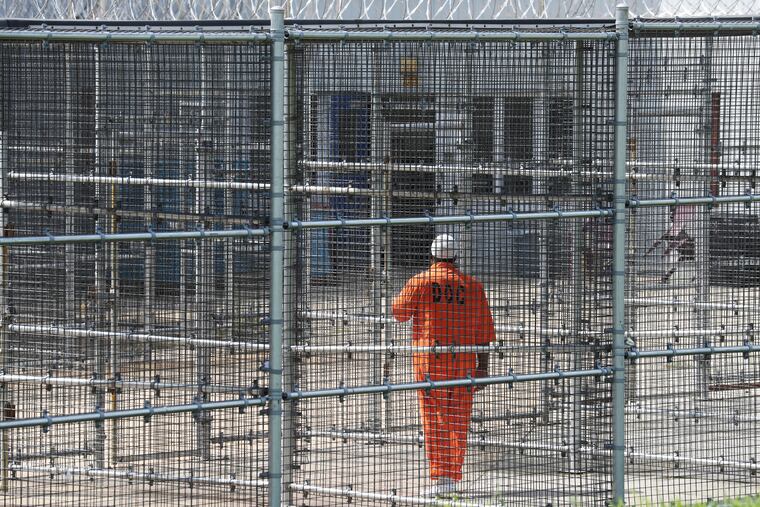It’s time for Pa. to take a definitive stand on the death penalty | Editorial
Pennsylvania is heading toward a gubernatorial election that, among other things, will be a referendum on the death penalty.

Pennsylvania has a complicated relationship with the death penalty. On one hand, Pennsylvania is one of 31 states that authorize capital punishment. On the other, executions are extremely rare and currently the governor is unwilling to sign off on them.
The death penalty has been part of commonwealth law for about 50 of the last 56 years, during which only three people were executed. All three decided to waive their appeal.
The last time a person was involuntarily executed in Pennsylvania was in 1962. And yet hundreds of people have been sentenced to death in Pennsylvania in the last four decades, and there are still 150 people waiting on death row.
>> READ MORE: Pennsylvania's death penalty needs a radical rethinking, long-awaited report finds
In what may be another sign of ambivalence surrounding capital punishment, last week, the Joint State Government Commission released the long-awaited death-penalty report that took the commission a full seven years to complete. The 280-page report finds that the death penalty is costly, unevenly applied across race and county in the commonwealth, and disproportionately impacts people with intellectual disability and mental illness.
The report concludes with a series of recommendations including enacting the possibility to challenge the death sentence on a statistical basis, disqualifying people with mental illness, requiring judges to identify and exempt people with intellectual disability.
The majority of people in the commonwealth do not strictly oppose the death penalty. However, less than half say that it is their preferred punishment for people convicted of murder. The report further notes that the support for the death penalty in Pennsylvania is declining over time.
Pennsylvania is heading toward a gubernatorial election that, among other things, will be a referendum on the death penalty. The two candidates hold close to polar opposite views on the practice.
Democrat and incumbent Gov. Wolf has signed a moratorium on all executions, which means that while defendants can be sentenced to death as long as he is governor, they will not be executed. Republican candidate Scott Wagner has promised that, if elected, he will reverse the moratorium in his first 48 hours in office.
There are many issues on the table during this election, but the recent report provides an opportunity to change the state's ambivalence surrounding the death penalty and force a more honest reckoning with the issue.
For example, one option is to abolish the death penalty all together. At the end of the day, as long as there is a moratorium on executions, a death sentence is not really different than a life sentence– since 1978, 97 percent of death sentences are converted to life sentences or less.
Another option is to speedily implement the report's recommendations, especially if executions are reinstated. That would mean creating safe-guards to ensure that people with intellectual disability are not subject to capital punishment, that all defendants in capital cases have effective counsel, and that the death penalty is not discriminatory against defendants of color.
The commonwealth has been in limbo far too long when it comes to capital punishment. It is time to take a definitive stand – abolish or substantially reform.